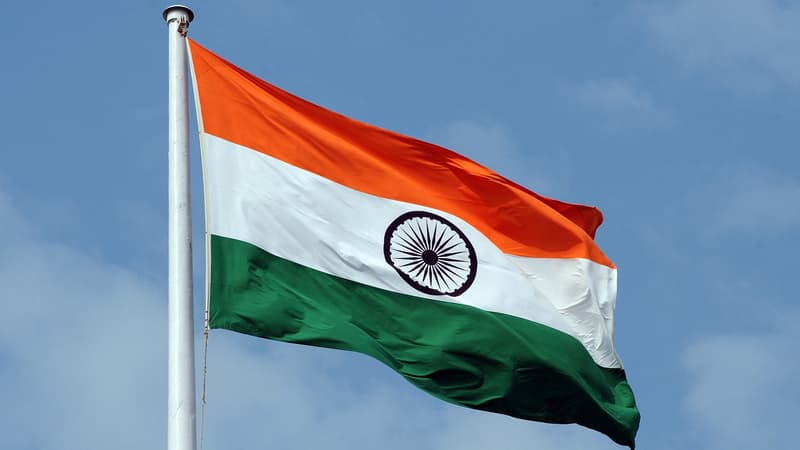The free trade agreement between the European Union and the South American countries of Mercosur is shaking the member states, between supporters convinced of a rapid adoption and its detractors, first of all France, which is trying to prevent its next signature to calm the anger of its farmers. Beyond the burning issue of Latin America, the Old Continent is not at its first attempt: Europeans have already signed around forty trade agreements that currently cover a little more than 70 countries around the world.
One of the latest examples, the broad CETA treaty with Canada, which has been applied provisionally since 2017 pending its final ratification, has not had an easy life either. Other trade agreements, with a more or less important political dimension, have also come into force in the last decade, with South Korea (2015), Japan (2019), the city-state of Singapore (2019), Vietnam (2020) o New Zealand (2024). And some countries are still waiting at the negotiating table, particularly on the Asia-Pacific side.
• India
Between India and the European Union there has been a bit of “yes, but no” for about twenty years. Negotiations for a free trade agreement began in 2007, but complicated discussions were suspended in 2013. In 2021, during a summit in Porto, the Indians and Europeans gave each other a second chance by relaunching negotiations on a free trade agreement. trade, adding at least at the same time a second agreement on the protection of investments and a third agreement on the protection of geographical indications.
But once again, discussions between India and the European Union are failing. The two parties are struggling to reach an agreement on agricultural products, industrial products or intellectual property, especially since India is a particularly protectionist country. “The differences […] are very important and the imbalance between an Indian political level that displays its openness and negotiators anchored in the positions of 2013 does not allow us to predict rapid and notable advances,” underlines a note from the General Directorate of the Treasury from March 2023.
• Thailand, Philippines, Indonesia
In the 2000s, talks began between the European Union and the Association of Southeast Asian Nations (ASEAN), which brings together a dozen Asian countries, including Vietnam, Indonesia, Malaysia and Thailand. In the absence of concrete progress, the Europeans finally preferred to negotiate separate bilateral agreements with the different affected countries, one after the other. After Singapore, a free trade agreement with Vietnam came into force in 2020: it will eliminate 99% of customs duties on goods by 2030.
Talks with Thailand, which began in 2013 but were suspended the following year due to the military coup in the country, recently restarted. The European Commission welcomed “constructive discussions” at the end of the third round of negotiations last June. A new round is planned for next week in Bangkok. At the same time, negotiations have been underway with the Philippines since 2015 and with Indonesia since 2016. Negotiations with Malaysia were interrupted in 2012.
• Australia
In 2018, EU member states gave the green light to start negotiations with New Zealand and Australia. In the first case, the file progressed without setbacks and concluded with the entry into force of a free trade agreement on May 1, 2024, which eliminated or considerably reduced customs duties between the EU and the oceanic archipelago. In the second case, the path is rockier. The EU and Australia have so far failed to find common ground, with Canberra even announcing it would withdraw from the negotiations in October 2023.
At the moment, no resumption of discussions is in sight. As with the Mercosur countries, Australian agricultural production (sugar and beef, among others) raises some distrust on the part of Europe; the view is essentially the same in Australia. However, Europeans are looking to Australia’s rich deposits of strategic minerals, needed for the manufacture of wind turbines or batteries for electric vehicles, to reduce their dependence on China and Russia.
Source: BFM TV


